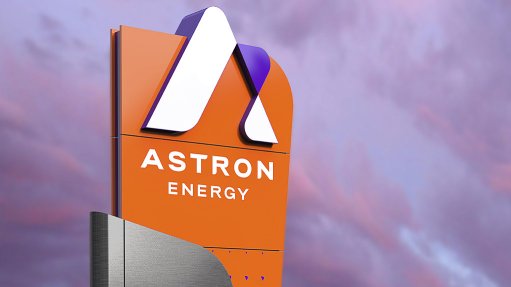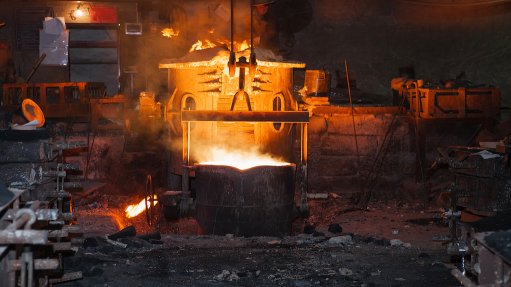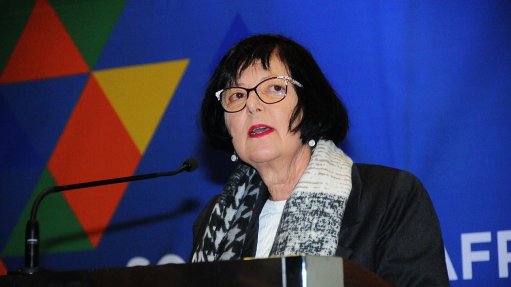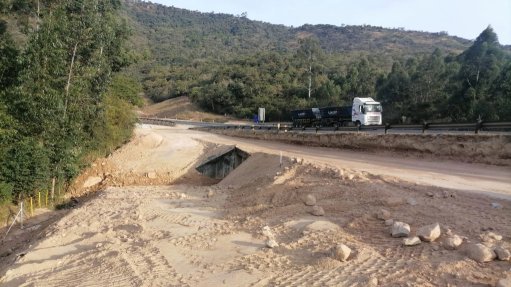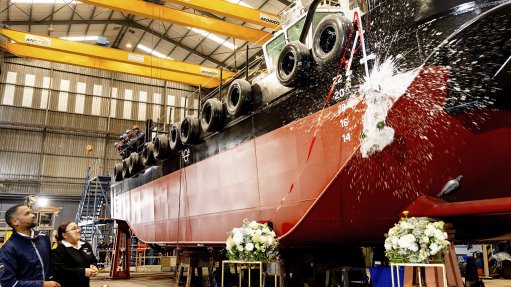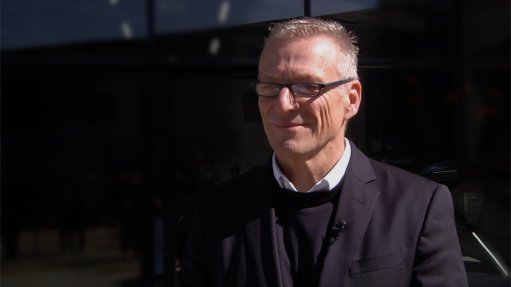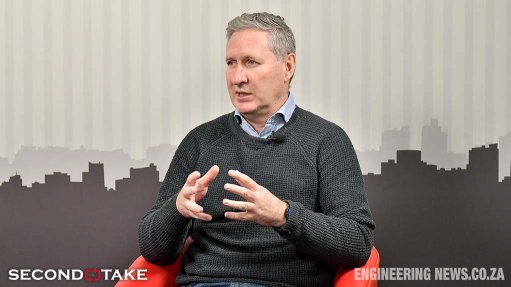The road to cleaner fossil fuels is paved with energy symphony
This article has been supplied.
South Africa’s reliance on fossil fuels is a given for now, but it is entirely possible to clean up our energy act while transitioning to a carbon-free future. The South African Cleaner Fossil Fuels Roadmap outlines the way.
Cleaner fossil fuels sound like a contradiction in terms, especially when one drives through the coalfields of Mpumalanga or behind a truck belching diesel fumes. The pollution layer hanging over Gauteng and the Vaal Triangle, especially in winter, is a further case in point.
“Fortunately, the science is there,” says Dr Karen Surridge, project manager renewable energy and cleaner fossil fuels at the SA National Energy Development Institute (SANEDI). “Technology now exists that significantly lowers the greenhouse gases (GHGs) emitted per unit of energy produced from fossil fuels such as coal, oil and gas.”
Carbon capture, utilisation and storage (CCUS) is a prime example. South Africa’s two coal-fired power stations equipped for CCUS, Medupi and Kusile, report a lower levelised cost per MWh and significant emissions reductions compared with non-CCUS power stations. In the cement and steel industries, it is estimated that carbon capture can remove up to 70% of emissions in concentrated gas streams and between 85% and 88% in diluted gas streams.
For South Africa, the concept of cleaner fossil fuels is particularly important. Fossil fuels make up approximately 90% of the country’s primary energy supply, of which 72% is coal. In addition, 85% of our electricity is generated using coal technologies and 92% of the primary energy used for electricity production is coal.
“We cannot switch off fossil fuels overnight but neither can we keep producing and using energy in the same old polluting way,” says Surridge. “We seek to balance these twin realities through a cleaner fossil fuels programme.” To understand what this journey could entail, SANEDI commissioned South African teams of carbon and climate change advisors in discussion with sector relevant stakholders, to draw up a Cleaner Fossil Fuels Roadmap. The project is being implemented in phases looking first broadly at what is technically available for South Africa to consider in the cleaner fossil fuel space and then in the second phase of this project, that was recently completed, to conduct a techno-economic feasibility study on “best-fit” most appropriate roads for South Africa to follow in this transition.
In phase I, the current energy supply and demand of the coal, oil and gas value chains were assessed and 28 technologies that could reduce GHG emissions and provide alternative feedstock options were identified. These were then assessed and categorised in to what would be required by South Africa in order to possibly implement these interventions.
Phase II narrowed the scope of technologies and carried out a more in-depth examination and feasibility analysis of the techno-economically feasible options available. Five evaluation criteria were used, namely, infrastructure requirements, economic feasibility, technological readiness, emissions reduction potential and socioeconomic drivers, including impact on employment and the skills needed for implementation. The risks associated with each technology were also considered, as well as how well they align with the country's climate change and Just Energy Transition (JET) requirements.
For the liquid fuels industry, the focus was on fuel switches for transportation, including CNG/LNG vehicles, fuel cell blending, biofuel blending, green hydrogen manufacturing and hybrid electric vehicles. The industrial-sector evaluation prioritised the cement and steel industries and considered clinker alternative materials, biochar and flue-gas pollutant-reduction technologies.
“The outcome of phase II of the roadmap project is a list of 20 technologies that are deemed the most feasible for where South Africa is and where it wants to be,” says Surridge. Implementation lead times are a material consideration for the way forward. Clinker alternative materials, for instance, can be implemented in less than a year, while flue-gas pollutant-reduction technology would require two to six years. “Taking this work forward entails the third and final phase of the roadmap outlining the implementation plans that can be considered for activation of the Cleaner Fossil Fuels Roadmap.”
Comments
Press Office
Announcements
What's On
Subscribe to improve your user experience...
Option 1 (equivalent of R125 a month):
Receive a weekly copy of Creamer Media's Engineering News & Mining Weekly magazine
(print copy for those in South Africa and e-magazine for those outside of South Africa)
Receive daily email newsletters
Access to full search results
Access archive of magazine back copies
Access to Projects in Progress
Access to ONE Research Report of your choice in PDF format
Option 2 (equivalent of R375 a month):
All benefits from Option 1
PLUS
Access to Creamer Media's Research Channel Africa for ALL Research Reports, in PDF format, on various industrial and mining sectors
including Electricity; Water; Energy Transition; Hydrogen; Roads, Rail and Ports; Coal; Gold; Platinum; Battery Metals; etc.
Already a subscriber?
Forgotten your password?
Receive weekly copy of Creamer Media's Engineering News & Mining Weekly magazine (print copy for those in South Africa and e-magazine for those outside of South Africa)
➕
Recieve daily email newsletters
➕
Access to full search results
➕
Access archive of magazine back copies
➕
Access to Projects in Progress
➕
Access to ONE Research Report of your choice in PDF format
RESEARCH CHANNEL AFRICA
R4500 (equivalent of R375 a month)
SUBSCRIBEAll benefits from Option 1
➕
Access to Creamer Media's Research Channel Africa for ALL Research Reports on various industrial and mining sectors, in PDF format, including on:
Electricity
➕
Water
➕
Energy Transition
➕
Hydrogen
➕
Roads, Rail and Ports
➕
Coal
➕
Gold
➕
Platinum
➕
Battery Metals
➕
etc.
Receive all benefits from Option 1 or Option 2 delivered to numerous people at your company
➕
Multiple User names and Passwords for simultaneous log-ins
➕
Intranet integration access to all in your organisation






